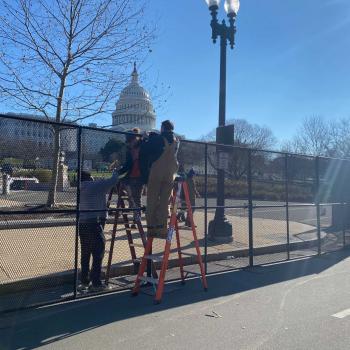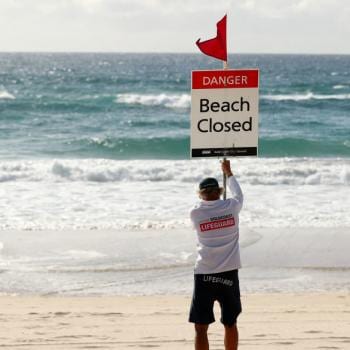I still remember walking through a park in a southern California city and experiencing a child of no more than 8, sticking his head out the window, and yelling at me. The reason? I was smoking a cigar. And this was before California had passed laws prohibiting smoking in parks. This child had learned well that smoking is evil and smokers need to be condemned.
The recent skirmishes on U.S. university campuses about trigger warnings, safe spaces, and microaggressions has me wondering about the source of such desires for protection from anything remotely disquieting. Richard Mouw argues that education is fundamentally about creating spaces that are intellectually challenging and perhaps a bit threatening (though we aren’t talking about the Gulag, right?):
That reading Twain—and more specifically, in participating in a class discussion dominated by the interventions of the white majority students in the class—could cause significant discomfort for African American students in the room is certainly an understandable expectation. To prepare the class with a preview of how the overall experience might be hurtful for some members would seem to be the kind of thing a sensitive teacher would do.
The problem is that in most of these discussions “warning” is a bit of a misnomer. Many people, both students and their teachers, argue that any course content that could cause some degree of emotional stress ought simply to be banned from a curriculum. In my view, that goes too far. Forbidding the teaching of Mark Twain’s writings as such? Or other books that might be associated in some folks’ minds with patriarchy, homophobia, or “colonialism”? This kind of thing can defeat much of what good education is meant to accomplish.
This is sensible but I’m still left wondering where these students come from who expect that their lives should be free from opposition and confrontation. Surely, they did not grow up with parents who told them to pick up stray items in their rooms and take out the trash, or with siblings who beat them to the last piece of chicken on the serving platter. Even the daughters of Lord Gratham on Downton Abbey knew life wasn’t always easy.
The best I can do to explain the current campus climate is anti-smoking bigotry. My generation used to go to bars and restaurants where we regularly and and drank with second-hand smoke in the air. Heck, I remember my first flight to Europe with several rows designated for smokers (as if the smoke stayed in that part of the cabin). I even remember my logic professor during my sophomore year at Temple smoking cigarettes throughout the semester.
But over time, non-smokers became hypersensitive. What first may have been a legitimate concern for prolonged exposure to second-hand smoke eventually became a visceral reaction to even a whiff of smoke. That was the beginning of the safe space — when legislators believed their duty was to protect citizens from objectionable odors.
All of this proves Garrison Keillor’s wise observation: “Non-smokers live longer and they live dumber.” Keillor was a smoker.












